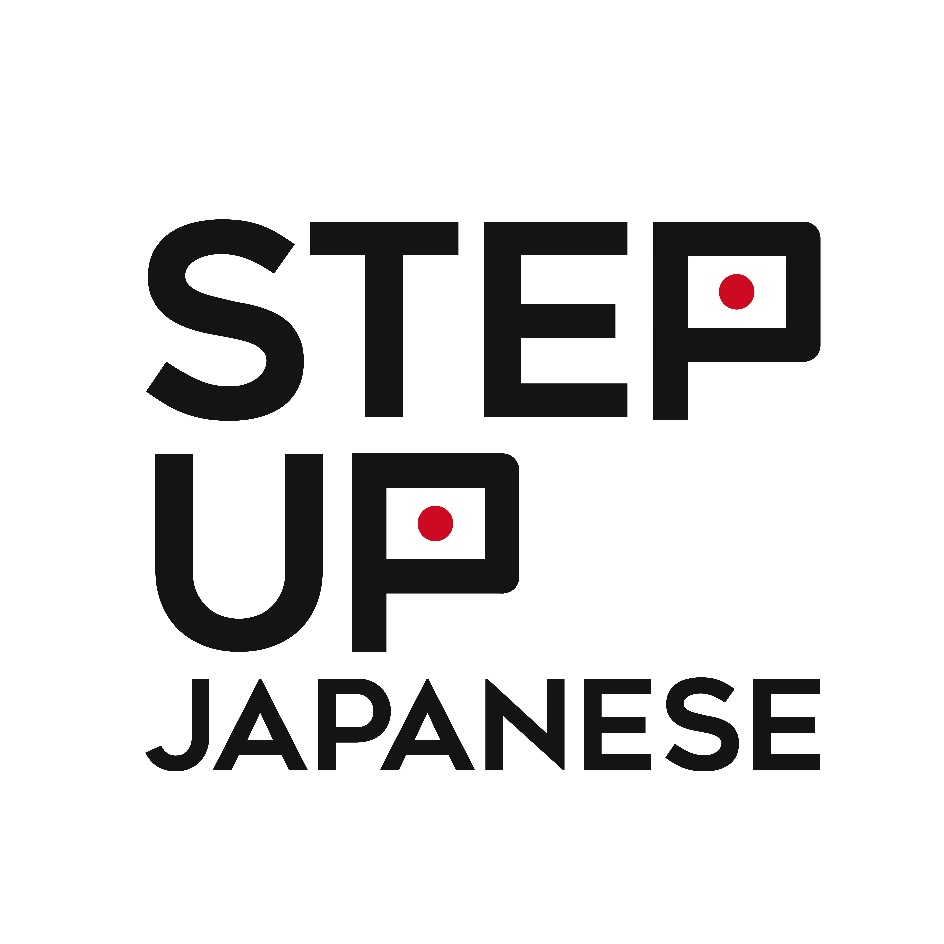Are Loanwords "Real" Japanese?
Shortly after I started studying Japanese at university, I got an email from a friend in Sweden:
“How’s it going? Learned any more ‘Japanese words’ like camera and video?”
I’d copy-pasted her some of the "new words" from my textbook. There was a list of them - words like kamera (camera) and rajio (radio)…
I felt like I was cheating. These aren’t Japanese words!
Or are they?

Japanese has LOADS of these loanwords - words borrowed from other languages. And two things often happen when a foreign word gets used as a loanword:
Extra vowel sounds
All Japanese syllables - except ん (n) - end in a vowel sound. That means when we convert a foreign word into Japanese, some rogue vowels get thrown in there too:
hot dogホットドッグ hotto doggu
world cup ワールドカップ waarudo kappu
2. Abbreviations
Adding in all those extra vowels makes these loanwords in Japanese much longer than their English equivalents, so they often get shortened:
suupaamaaketto スーパーマーケット
↓
suupaa スーパー (supermarket)
depaatomento sutoa デパートメントストア
↓
depaato デパート (department store)
↓ Spot the katakana loanword(s)!

Sometimes the first bit of both words gets used:
dejitaru kamera デジタルカメラ
↓
dejikame デジカメ (digital camera)
paasonaru konpuuta パーソナルコンピュータ
↓
pasokon パソコン (personal computer)
...which I hope you'll agree are some of the most adorable words ever.
These loanwords, therefore, can teach us a bit about Japanese pronunciation, as well as the Japanese love of abbreviations. I was wrong about them not being "Japanese words", though - depaato and pasokon are definitely Japanese words. Japan may have borrowed them, but it's not giving them back.

Is learning loanwords cheating? What's your favourite Japanese loanword? Let me know in the comments!
First published December 2015
Updated December 7, 2018

